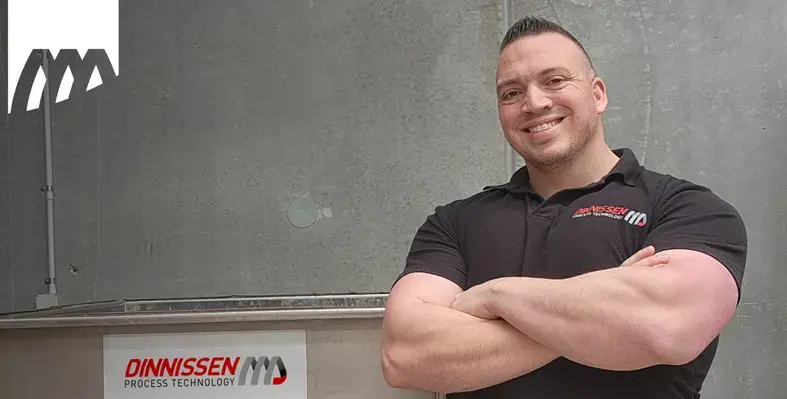
The implementation of advanced technology allowed the company to optimise their fruit selection, grading and packaging processes, ensuring that each product meets the highest international standards. (Image source: TOMRA Foods)
An emerging company, TransIberian Foods (TIF) has chosen the flexibility, efficiency and quality offered by TOMRA Food and installed the KATO 260 precision grading system powered by LUCAi Artificial Intelligence technology, and two CURO filling stations
The company has chosen TOMRA Food’s advanced blueberry grading and filling solutionsfor its blueberry packing line. With the TOMRA KATO 260 advanced, industry-leading precision grading system with LUCAi Artificial Intelligence technology and two TOMRA CURO filling stations, it achieves the extreme flexibility needed to meet the varied and demanding requirements of its international customers.
TransIberian Foods has 20,000 sq m of refrigerated space with 14 docks and is currently expanding its operations with the development of a new project focused on the refrigeration, ripening, and packaging of avocados and other tropical fruits, both locally produced and imported.
Manager of TransIberian Foods, Jesús Cruz explained that due to the diversity in the origin of the blueberries, they were looking for a packaging line that was extremely flexible, capable of handling all the commercial formats required by European supermarkets for our clients. "This meant having the ability to quickly adapt to different sizes and types of packaging, from small trays for individual portions to larger containers for wholesale. TOMRA has enabled us to offer a wide range of options to our clients, companies that distribute to European supermarkets, adapting to their needs and market demands,” added Cruz.
TOMRA Food expressed that they were pleased with the Translberian Foods project, highlighting that Translberian Foods were looking for advanced technology solutions to address this challenge. The implementation of advanced technology allowed the company to optimise their fruit selection, grading and packaging processes, ensuring that each product meets the highest international standards. This precision and efficiency is not only essential for maintaining the integrity, but also the quality of the final product, from reception to delivery.
The packaging process at TransIberian Foods begins with the fruit being fed into the KATO 260 sorter, optimising its performance. The fruit is gently loaded into the KATO 260, ensuring a continuous supply and uniform distribution in the sorter. Next, the KATO 260 exclusive rolling conveyor system inspects the fruit’s surface from all angles. Cameras capture multiple images of each piece of fruit, and the machine's software can identify defects as small as 0.2 mm at high speed for precise grading.
A valuable optional enhancement for the KATO 260 is the LUCAi software and hardware package, which uses AI to achieve unparalleled accuracy in fruit sorting and grading. After each piece of fruit moves along the sorting line, it is photographed by multiple cameras. LUCAi identifies and indicates how each blueberry should be graded. Capable of processing up to 2,400 images per second, LUCAi can also view the fruit in wavelengths not visible to the human eye, detecting subtle defects such as dehydration, bruising, and early anthracnose.
At the end of the line, the fruit is processed by a packing system featuring two CURO16 units, each with 16 filling stations. These units boost productivity by reducing human handling errors and fruit loss. They weigh with precision, and can simultaneously pack for different markets. This system is the fastest weight-based filling solution on the market, capable of handling up to 200 packs of 125 g of fruit per minute. Moreover, TOMRA Food’s equipment also offers exceptional packing flexibility.
"With TOMRA Food’s solution, we can quickly adapt to market demands and efficiently manage demand spikes during peak seasons," concluded Cruz. "We are extremely satisfied with the advanced sorting technology, as it enables us to handle fruit from various sources effectively and ensures we deliver high-quality products.”








